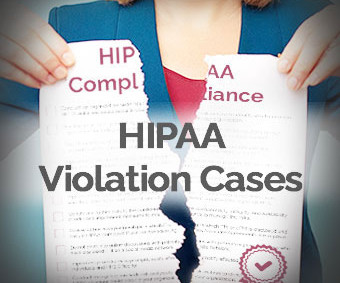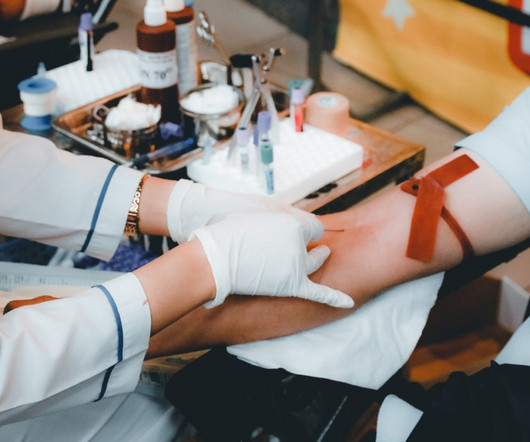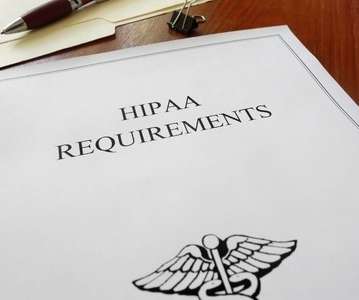HIPAA Violation Cases
The HIPAA Journal
APRIL 27, 2025
HIPAA violation cases are compliance investigations that result from a data breach being notified to the Department of Health and Human Services’ (HHS) Office for Civil Rights (OCR) or a privacy complaint being submitted to OCR via the complaints portal. There are many different types of HIPAA violation cases.












Let's personalize your content